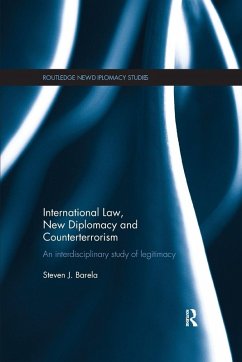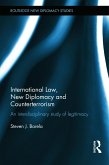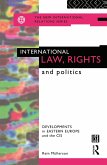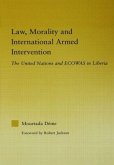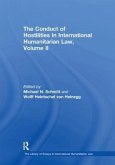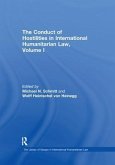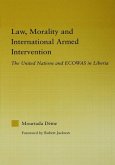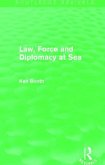This interdisciplinary book explores how terrorism is meant to target a government's legitimacy, and advocates for sounder defensive measures when countering international attacks. The dramatic increase in global cooperation throughout the twentieth century-between international organisations and their state missions of diplomats, foreign officers, international civil servants, intelligence officers, military personnel, police investigators, judges, legislators, and financial regulators-has had a bearing on the shape and content of the domestic political order. The rules that govern all of these interactions, and the diplomats engaged to monitor and advocate for compliance, have undergone a mushrooming development following the conclusion of each world war. This dramatic growth is arguably the most significant change the international structure has experienced since the inception of the state-based system ushered in with the Peace of Westphalia in 1648. International Law, New Diplomacy and Counterterrorism explores the impact of this growth on domestic legitimacy through the integration of two disciplines: international law and political philosophy. Focusing particularly on the cross-border counterterrorism actions launched by the United States, the author investigates how civil societies have often turned to the standards of international law to understand and judge the legitimacy of their government's counterterrorism policies reaching across international borders. The book concludes that those who craft counterterrorism policies must be attentive to defending the target of legitimacy by being wholly mindful of the realms of legality, morality and efficacy when exercising force. This book will be of much interest to students of international law, diplomacy, counterterrorism, political philosophy, security studies and IR.
Hinweis: Dieser Artikel kann nur an eine deutsche Lieferadresse ausgeliefert werden.
Hinweis: Dieser Artikel kann nur an eine deutsche Lieferadresse ausgeliefert werden.

